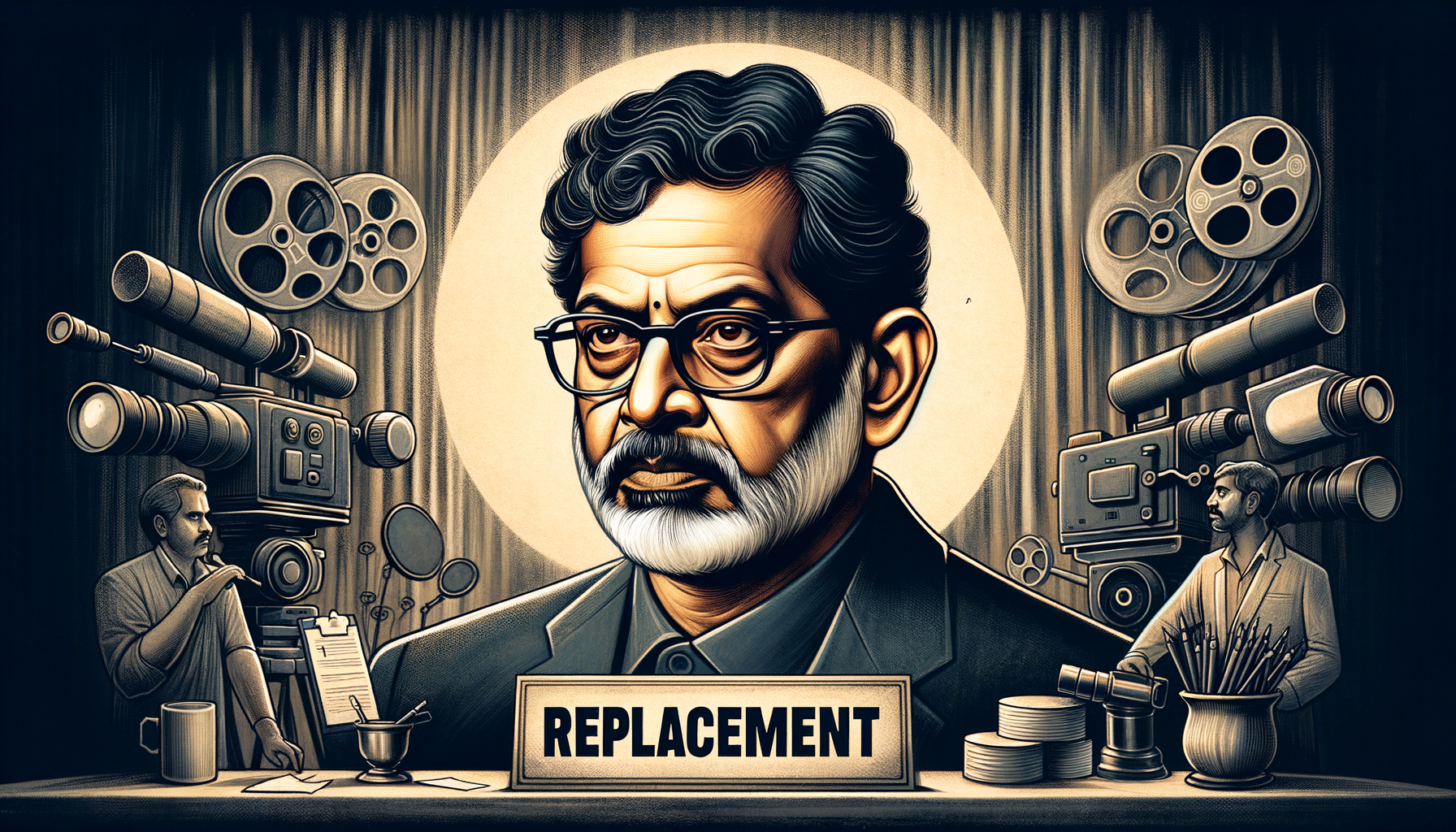Ashique Abu Resigns Fefka: Creative Differences Disrupt Kochi Film Industry
Introduction
Renowned filmmaker Ashique Abu recently made headlines by resigning from the Film Employees Federation of Kerala (FEFKA). This unexpected move underscores the growing tension within the Kochi film industry. Ashique Abu, known for his revolutionary storytelling and creative prowess , has reportedly exited FEFKA due to irreconcilable differences. This decision has reverberated through the Malayalam cinema landscape, casting a spotlight on the internal discord within the industry.
Why Did Ashique Abu Resign from FEFKA?
The reasons behind Ashique Abu’s resignation stem from several facets of conflict and discord within FEFKA:
- Creative Differences: One of the primary reasons for Abu’s resignation is creative differences with other federation members. These differences have reportedly been brewing for a while.
- Leadership Conflicts: There have been disagreements regarding the leadership and direction of FEFKA. Ashique Abu’s vision appeared to clash with that of the existing leadership.
- Policy Disputes: Varied opinions on policy matters related to the structuring and functioning of FEFKA also fueled the discord.
Impact on the Kochi Film Industry
Ashique Abu’s resignation from FEFKA is not just an isolated incident; it symbolizes broader issues within the Kochi film industry. Let’s delve into some of the significant consequences of his departure:
1. Fragmentation Within the Industry
Abu’s exit could potentially lead to a fragmentation of industry professionals. Directors, actors, and technicians may find themselves divided, thereby affecting unity and collaboration within the industry.
2. Weakening of FEFKA
FEFKA, which has long been a pillar of support for film employees, may see a weakening of its influence and efficacy. Ashique Abu’s resignation brings to light internal struggles, possibly shaking the confidence of its members.
3. Influence on Creative Projects
Ashique Abu has been a driving force in Malayalam cinema, championing innovative and bold projects. His departure from FEFKA might impact the creative direction of future projects, potentially leading to a decline in experimental cinema.
Community Reactions and Statements
The reaction to Ashique Abu’s resignation has been varied, with notable figures from the film community sharing their thoughts:
- Support from Peers: Several filmmakers and actors have expressed their support for Ashique Abu, praising his decision to stand by his principles.
- Calls for Reconciliation: On the other hand, some members of the industry have called for reconciliation and unity to heal the fracture within FEFKA.
The History and Role of FEFKA
To understand the broader impact, it’s essential to grasp the historical context and role of FEFKA within the Kochi film industry:
- Established History: FEFKA has long been an advocate for the rights and welfare of film employees, playing a crucial role in the growth of the Malayalam cinema industry.
- Collective Voice: It provides a collective voice for the industry workers, ensuring that their concerns and needs are addressed adequately.
- Platform for Collaboration: FEFKA has also been a platform for creative collaboration, bringing together diverse talents to create impactful cinema.
Navigating the Future
As the Kochi film industry grapples with the fallout of Ashique Abu’s resignation, it faces several challenges but also opportunities for growth and improvement:
1. Encouraging Open Dialogue
There is a pressing need for open dialogue within the industry. Addressing creative differences and leadership conflicts through transparent communication can foster understanding and solidarity.
2. Re-evaluating Leadership and Policies
FEFKA may need to reassess its leadership and policy frameworks to better align with the evolving needs and visions of its members. Inclusivity and adaptability could be key in revitalizing the organization.
3. Promoting Innovative Cinema
Even in the absence of Ashique Abu within FEFKA, the industry should continue to promote and support innovative cinema. Encouraging new voices and experimental projects can ensure the dynamism and growth of Malayalam cinema.
Conclusion
Ashique Abu’s resignation from FEFKA has undeniably shaken the Kochi film industry, spotlighting deeper fissures within the organization. His move highlights the importance of addressing creative differences and leadership conflicts. As the industry moves forward, fostering open dialogue, re-evaluating policies, and promoting innovative cinema will be crucial in navigating these turbulent times. The Kochi film industry stands at a crossroads, and its response to this challenge will significantly shape its future trajectory.
Stay tuned for more updates on this evolving story in the worlds of Malayalam cinema and film in general!

